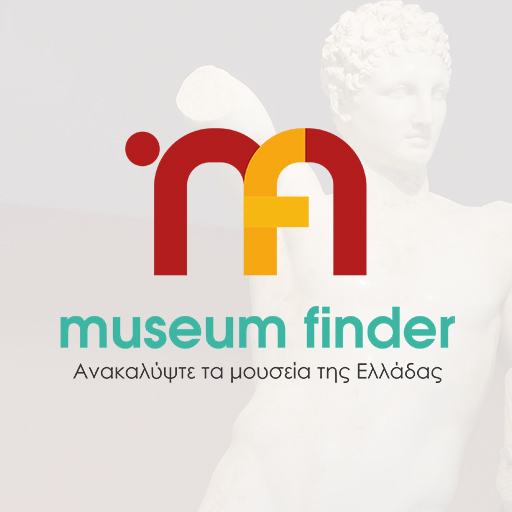We are currently experiencing a world of continuous change, an age of extremes, of either immense dullness or rapid rhythms. These times are far from poetic. We are captivated in an expanding ill-spoken prose; work prose, life prose, romance prose and even death prose. Our reality is filled with actions, basic dialogues and mostly images and emojis. Languages are being raped. Τheir power is lost in translation and people have forgotten how to connect their words with their emotions.
This development is not to be immediately condemned, as the priorities and necessities of humanity have been ardently different during the late 20th and the early 21st century. The most important aspect that we should focus on is the fact that poetry has survived and still exists. This form of art has been of major significance most of the time, but of minor audience. A century ago, though, poetic creations where being published and accessible via the biggest newspapers globally, giving the opportunity to the people to familiarise themselves with them. Until they stopped. These poems are currently being taught in schools and universities. We could say that now is a time of deafening silence. “Why should we alter this into a deafening sound?”, you might ask.

The first tempting secret of poetry is that it is adored by some and unknown by most, adding an artistic mystery to be revealed to those who indulge fiercely into it. In order to find your poetic interests and your personal style, it takes a lot of time and effort. Poetry could be tough, but a long sought catharsis nevertheless. Secondly, poetic expression could be our only way of communicating our feelings, putting our experiences into vague but precise words, being personal with a language. The lack of communication is highly notable in our society, leaving us no choice and letting us battle on our own in order to translate ourselves. A poem could be a space where individuals face broad questions and seek answers through their own unique and emotional interpretation.
We should definitely mention that history walks hand in hand with art and poetry. Poets are lyrical markers of reformation and new socio-political norms, signifying future prospects, peoples’ hopes and new ideas and ideologies. Greek history is filled with poetic minds that translate older beliefs and long established facts into modern understanding. Homer, D. Solomos, O. Elitis , K.Kavafis, G. Seferis are only a sample of poets that connected historical figures, places, events and social beliefs into a linguistic art. They manage to captivate the feeling of public events and the celebration of change, turning them into eternal written traces.

”these faces don’t take comfort but only in the sun, these hearts don’t take comfort except in justice”
Romiosini, Yannis Ritsos (1954)
This year, in like no other, we have discovered how rapidly -and almost brutally- the world can move from one space to another, how fluid our beliefs and habits can be. In times of variations, inspiration and culture growth comes.
To conclude, poetry is not a survival necessity. One could live without having read Shakespeare or having heard of Picasso. But art is not about survival. It is about emotion, expression, being able to understand behind the lines (critical thinking). It is a relevance between writer and reader. Human connection in all its glory. I always thought that Fall was a time of alterations, of planning and setting new goals. Let’ s add into them a bit of poetry, a bit of lyrical expression, and notice how those metaphors talk to our souls, as the poets say.






![Filmτατοι [podcast]: Poor Things και Saltburn Filmτατοι](https://atheniantimes.gr/wp-content/uploads/2024/01/Filmτατοι-324x235.png)










